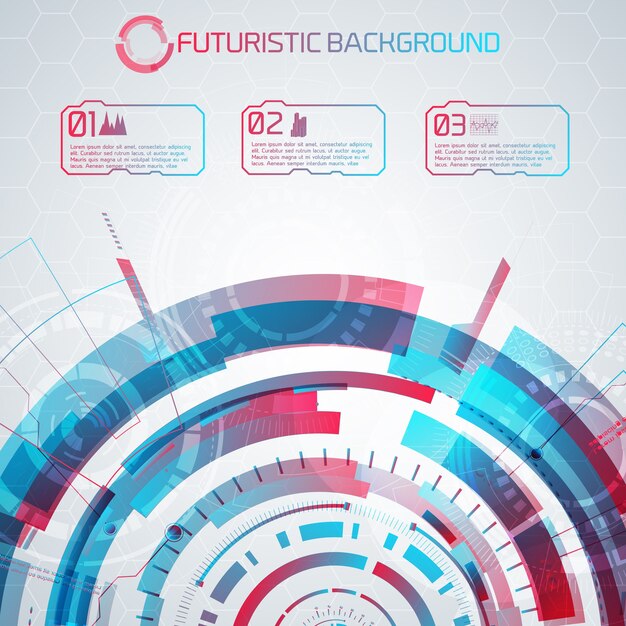Continental Revolutionizes Production with Digital Transformation

Continental is transforming its entire automotive component production process by going digital. They’ve teamed up with eight IT and process optimization companies, universities, and specialist start-ups to form a consortium for this initiative.
The project, led by Continental’s user experience division and called Diazi, is a three-year venture funded by the German government. The goal of Diazi is to bring production plants into the digital age. This means planning, simulating, and operating new production lines digitally to boost efficiency, flexibility, and cost-effectiveness. With these advancements, automotive plants can better handle fast development cycles, complex supply chains, and shifting customer demands.
The expected outcome of the Diazi project is to make the automotive industry more efficient and contribute to sustainable mobility. Thomas Ebenhöch, who heads operations for Continental’s user experience business, stated that Diazi is a significant move towards digitalizing the industry. He emphasized Continental’s leadership in this project and its ongoing commitment to developing smart production processes. By utilizing digital simulations, artificial intelligence, and cloud data management, the project aims to bring innovations to market faster, more efficiently, sustainably, and cost-effectively.
Germany’s automotive infrastructure will gain a digital upgrade through this initiative, addressing the competitive demands of key technologies. A digital factory concept is at the heart of Diazi, where new production lines are planned and tested virtually before actual implementation. AI-driven processes help optimize productivity, predict outcomes accurately, and minimize downtime by analyzing machine data.
The Diazi project enhances connectivity between a company’s production plants and its suppliers’ sites, ensuring scalable, high-quality production. Funded by the German government and the European Reconstruction & Resilience Facility, this project is set to run for approximately three years, starting this year.
Ernst Stöckl-Pukall from the German Federal Ministry for Economic Affairs & Climate Action highlighted the importance of this digital shift in the automotive sector. He noted that cross-company collaboration, as seen in the Diazi project, is crucial for the industry’s progress. The project’s findings are expected to be adaptable and beneficial across different companies and production lines, fostering fully digitalized and AI-supported production processes.
The initial phase of the project, now completed, focused on creating specific demonstration models for various aspects of digitalization. This included the entire virtual planning and commissioning process, from data-based optimization to operational application. The project involves experts from Landshut University of Applied Sciences, Technical University of Braunschweig, and innovative companies like IFox Systems, Suse, Naise, Dualis, and Plus10.